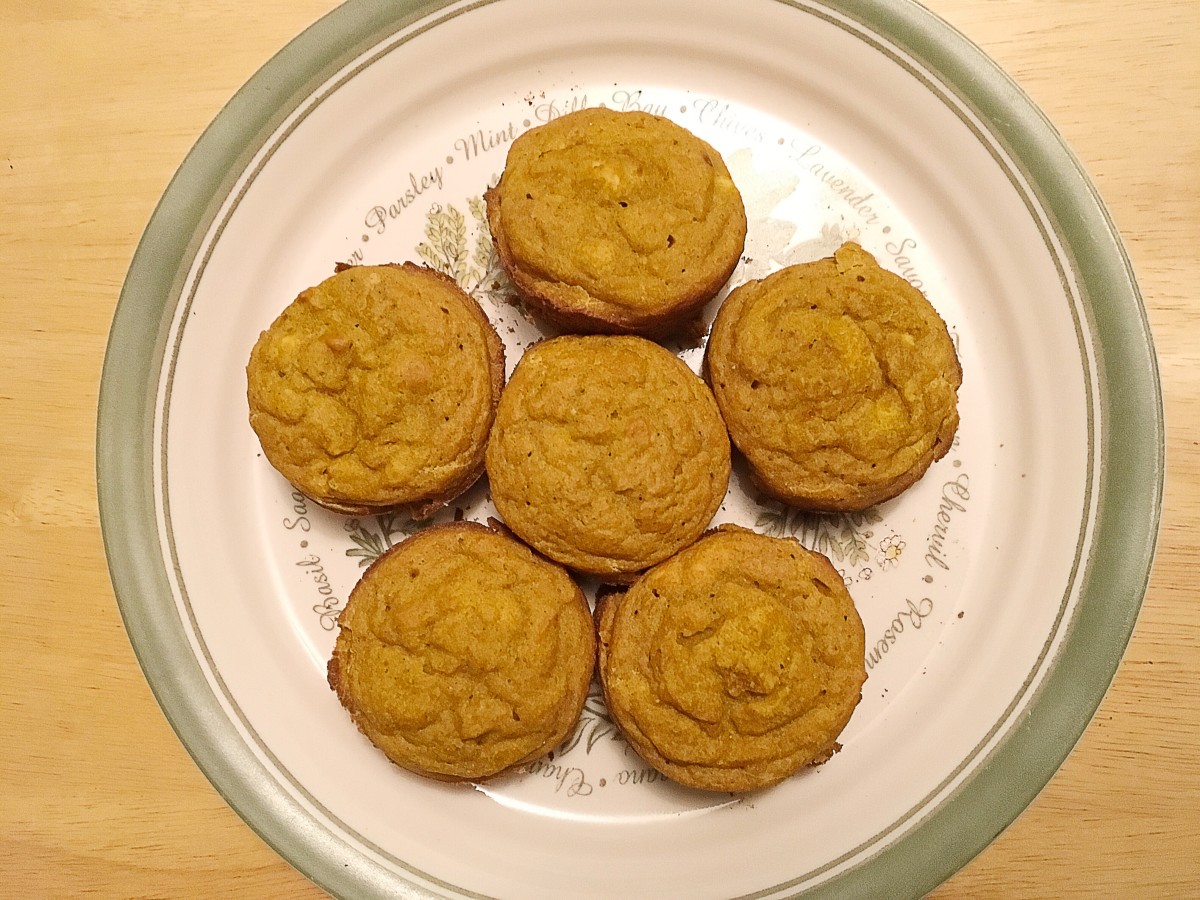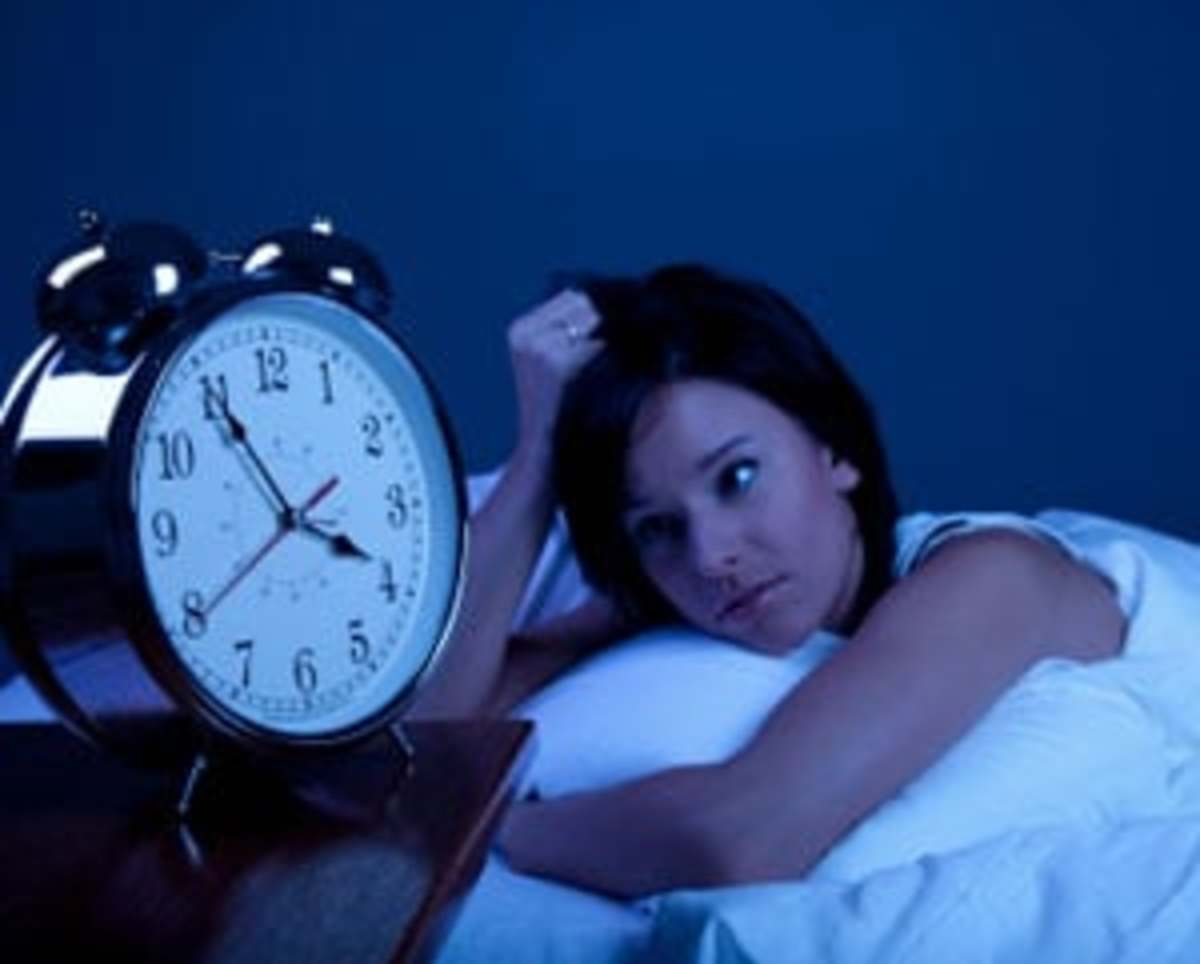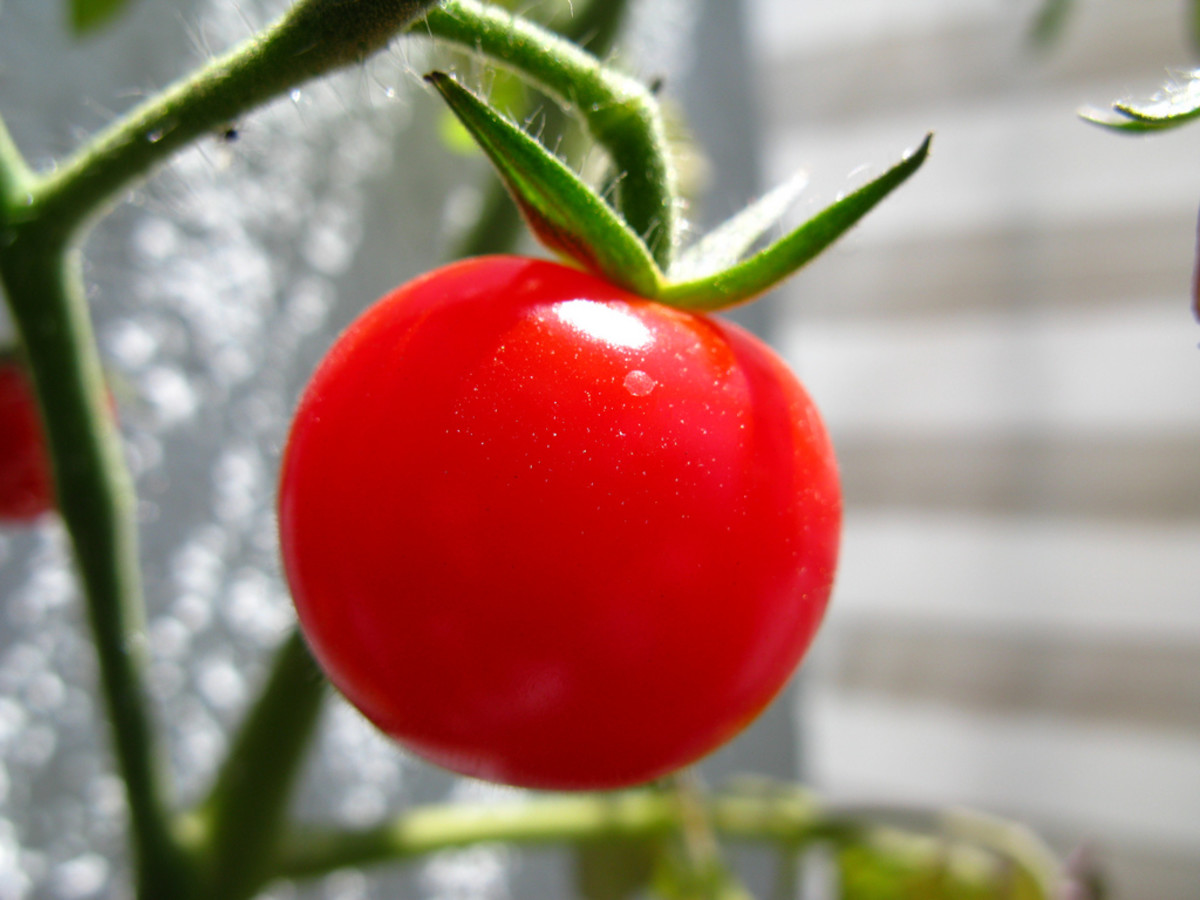- HubPages»
- Food and Cooking»
- Food Safety»
- Food Allergies
Insomnia and Gluten Intolerance
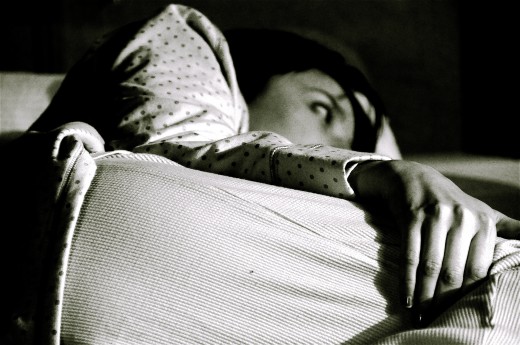
If you have trouble sleeping, feel fatigued during the day, wake up feeling tired or have tension headaches, you may be suffering from insomnia. Insomnia can be caused or worsened by a variety of factors; food allergies, including gluten intolerance, are one possible such factor.
Gluten Intolerance
Gluten intolerance -- also known as celiac disease -- is a condition that causes your small intestine to react negatively to gluten, a protein found in wheat, rye and barley. While insomnia is not one of the more well-known symptoms of gluten intolerance, a study conducted by the Frederico II University of Naples did conclude that problems sleeping can occur in people who suffer from celiac disease. Furthermore, some other food allergies, including those to dairy or soy products, may also contribute to insomnia and other sleep problems.
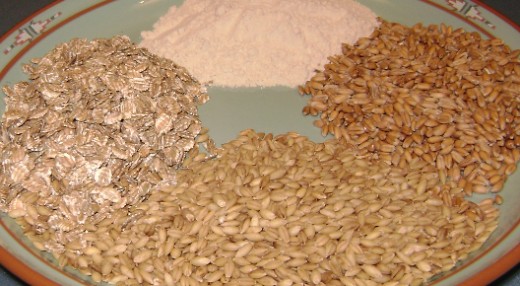
Insomnia
Insomnia can also be caused by a variety of factors besides gluten intolerance; particularly common ones include stress, caffeine and alcohol. Women may suffer from hormone-related insomnia as well, particularly during menstruation and menopause. Neurological conditions, such as depression, restless leg syndrome and Parkinson's disease, can also contribute to sleep disorders. Additionally, some medical conditions and medications can lead to insomnia, including gastroesophageal reflux, heart disease, decongestants and beta-blockers. Finally, disrupting your internal clock, such as by traveling from one time zone to another, can also lead to trouble sleeping.

Natural Remedies
You can try to relieve your insomnia using natural treatments. If you suspect your insomnia is caused in part by gluten intolerance or some other type of food allergy, try eliminating this food from your diet. Avoid caffeine and alcohol consumption in the afternoon and evening, and exercise regularly. You can also try stress-reducing techniques, like yoga, or taking a bath shortly before bedtime. According to the University of Maryland Medical Center, you should also maintain a consistent bedtime, to help your body establish a rhythm of when to fall asleep.

Medical Treatment
While most symptoms of a gluten intolerance and celiac disease are usually managed by eliminating gluten from the diet, insomnia due to celiac disease may not necessarily be entirely relieved by a gluten-free diet. If you have unsuccessfully tried to treat your insomnia at home, or have any of the other conditions that may lead to insomnia, you should make an appointment with your doctor. You may need medication or other therapy to treat your insomnia or other underlying condition.


